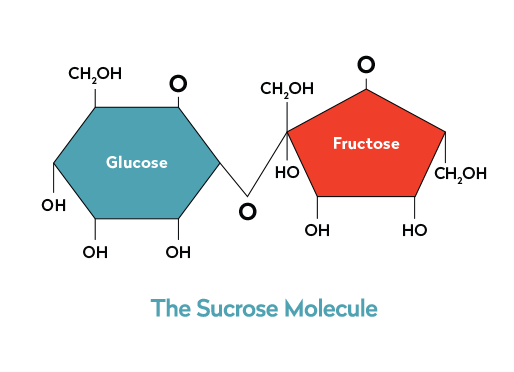Sugarproof Science
Here we provide the details and links to the research studies cited in the book organized by Chapter. For each citation, the text in bold refers to the relevant text from the Chapter

Show
Peeters, K, Van Leemputte, F, Fischer, B, Bonini, BM, Quezada, H, Tsytlonok, M, Haesen, D, Vanthienen, W, Bernardes, N, Gonzalez-Blas, CB, Janssens, V, Tompa, P, Versees, W, and Thevelein, JM. “Fructose-1,6-bisphosphate couples glycolytic flux to activation of Ras”. Nat Commun, 2017. 8(1): p. 922.
Patrick, H and Williams, GC. “Self-determination theory: its application to health behavior and complementarity with motivational interviewing”. Int J Behav Nutr Phys Act, 2012. 9: p. 18.
Lansigan, RK, Emond, JA, and Gilbert-Diamond, D. “Understanding eating in the absence of hunger among young children: a systematic review of existing studies”. Appetite, 2015. 85: p. 36-47.
O'Neil, CE, Nicklas, TA, and Fulgoni, VL, 3rd. “Nutrient Intake, Diet Quality, and Weight Measures in Breakfast Patterns Consumed by Children Compared with Breakfast Skippers: NHANES 2001-2008”. AIMS Public Health, 2015. 2(3): p. 441-468.
Adolphus, K, Lawton, CL, and Dye, L. “The effects of breakfast on behavior and academic performance in children and adolescents”. Front Hum Neurosci, 2013. 7: p. 425.
Wesnes, KA, Pincock, C, and Scholey, A. “Breakfast is associated with enhanced cognitive function in schoolchildren. An internet based study”. Appetite, 2012. 59(3): p. 646-9.
Blondin, SA, Anzman-Frasca, S, Djang, HC, and Economos, CD. “Breakfast consumption and adiposity among children and adolescents: an updated review of the literature”. Pediatr Obes, 2016. 11(5): p. 333-48.
Gwin, JA and Leidy, HJ. “Breakfast Consumption Augments Appetite, Eating Behavior, and Exploratory Markers of Sleep Quality Compared with Skipping Breakfast in Healthy Young Adults”. Curr Dev Nutr, 2018. 2(11): p. nzy074.
Leidy, HJ, Ortinau, LC, Douglas, SM, and Hoertel, HA. “Beneficial effects of a higher-protein breakfast on the appetitive, hormonal, and neural signals controlling energy intake regulation in overweight/obese, "breakfast-skipping," late-adolescent girls”. Am J Clin Nutr, 2013. 97(4): p. 677-88.
Harris, JL, Schwartz, MB, Ustjanauskas, A, Ohri-Vachaspati, P, and Brownell, KD. “Effects of serving high-sugar cereals on children's breakfast-eating behavior”. Pediatrics, 2011. 127(1): p. 71-6.
Haughton, CF, Waring, ME, Wang, ML, Rosal, MC, Pbert, L, and Lemon, SC. “Home Matters: Adolescents Drink More Sugar-Sweetened Beverages When Available at Home”. J Pediatr, 2018. 202: p. 121-128.
Wang, D, van der Horst, K, Jacquier, E, and Eldridge, AL. “Snacking Among US Children: Patterns Differ by Time of Day”. J Nutr Educ Behav, 2016. 48(6): p. 369-375 e1.
Jacquier, EF, Deming, DM, and Eldridge, AL. “Location influences snacking behavior of US infants, toddlers and preschool children”. BMC Public Health, 2018. 18(1): p. 725.
Fisher, JO and Kral, TV. “Super-size me: Portion size effects on young children's eating”. Physiol Behav, 2008. 94(1): p. 39-47.
Robinson, TN and Matheson, DM. “Environmental strategies for portion control in children”. Appetite, 2015. 88: p. 33-8.
